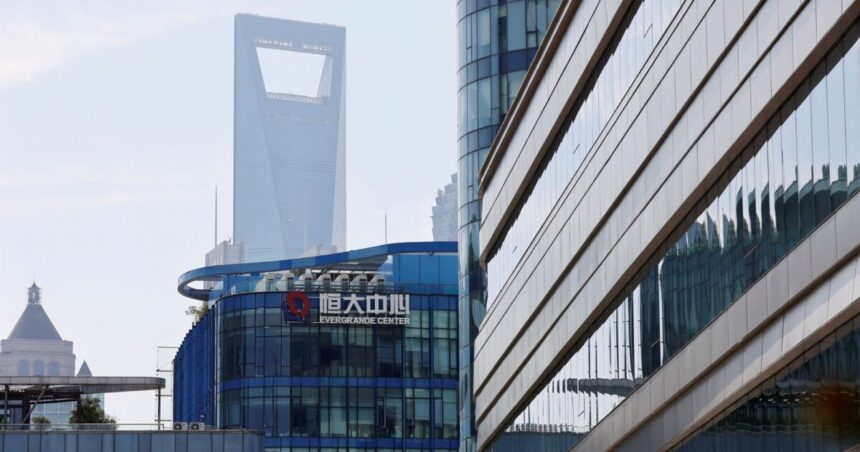Heading for liquidation Evergrande Groupthe debt-ridden real estate giant, which has become a symbol of the crisis in Chinese real estate. The Hong Kong court order ordering Evergrande’s liquidation comes after the company and its foreign creditors failed to reach an agreement to restructure its massive debt. “Given the company’s apparent lack of progress in presenting a viable resolution plan (…) I find that the court should proceed with the issuance of an order for the liquidation of the company, and so I order,” said Judge Linda Chan. “Enough is enough,” she said characteristically in her decision, according to her Wall Street Journal.
The troubled real estate developer as of 2021 has total liabilities of more than $328 billion. Last September, its founder and chairman Hu Jiaying was arrested by the police on suspicion of committing crimes, it was reported. Evergrande, which was China’s second-largest real estate company, defaulted at the end of 2021, sparking a real estate crisis that continues to weigh on the broader Chinese economy. A former official estimated last year that China has enough vacant properties to house more people than its entire population of 1.4 billion people, CNN notes. The liquidation of Evergrande may have been an expected development, but it is yet another piece of negative news in an industry that has already lost investor confidence. Chinese property developers must pay $100 billion in debt maturing this year, and financing arms of local governments are required to repay another $650 billion. Since the Chinese government tightened regulations in 2020, companies responsible for roughly 40 percent of home sales have defaulted. More than 50 Chinese real estate companies have defaulted on payments or missed deadlines since then, according to Standard and Poor’s (S&P).
The group’s total liabilities exceed $328 billion.
And at the same time, the real estate crisis is starting to spread to the wider financial system, due to the exposure of shadow finance companies in the industry.
Given that Evergrande’s creditors are expected to lose almost all of their money, this is expected to further damage confidence in China’s markets, CNN notes. In addition to the record drop in real estate, investors are also worried about deflation in China, debt and a declining birth rate as the labor force shrinks. Beijing’s policies are another area of concern.
The housing crisis has dealt a heavy blow to the Chinese economy, which for decades relied on the housing boom for its high growth. Amid population growth and a shift to cities, real estate has come to make up as much as 30% of the country’s GDP, while more than two-thirds of Chinese household wealth is due to real estate.








